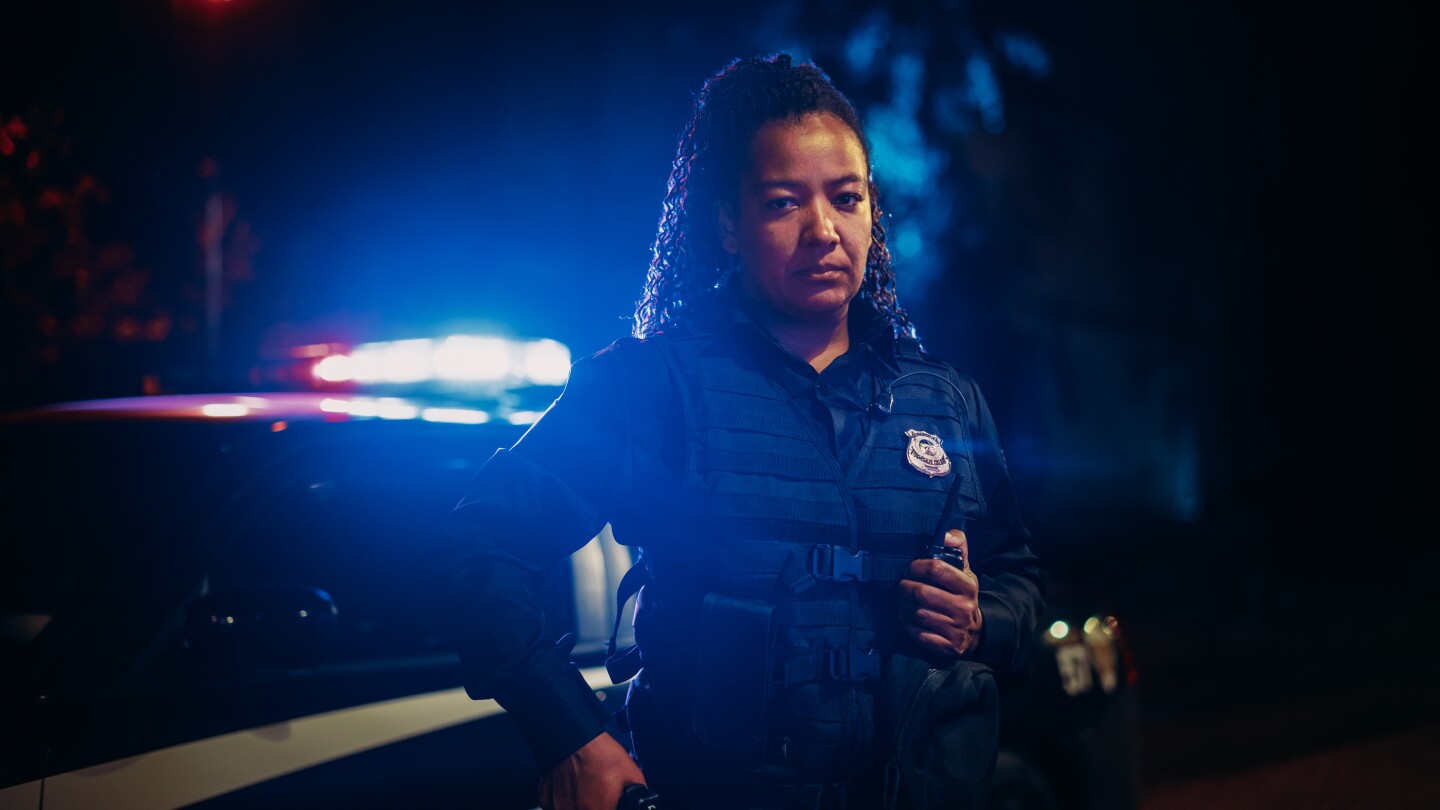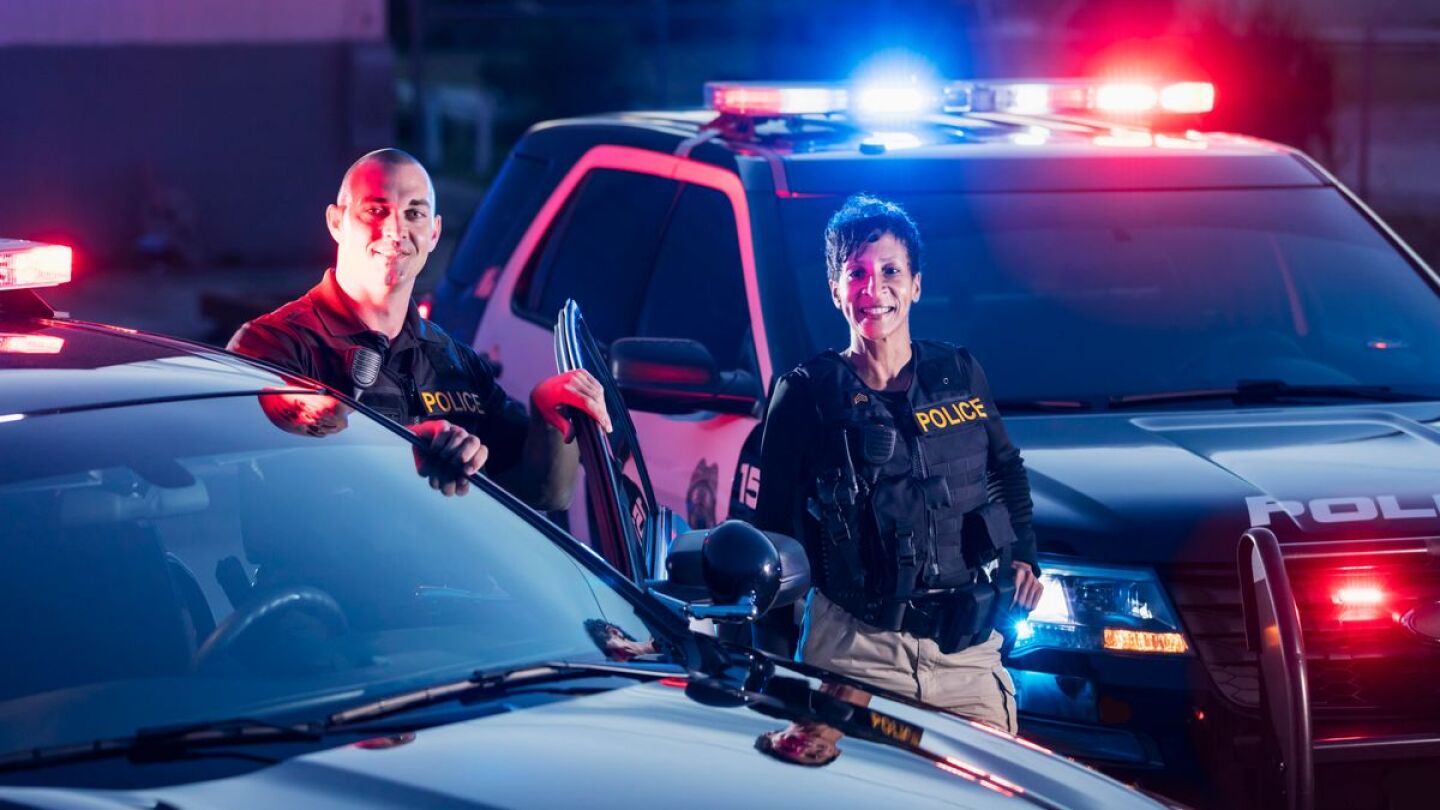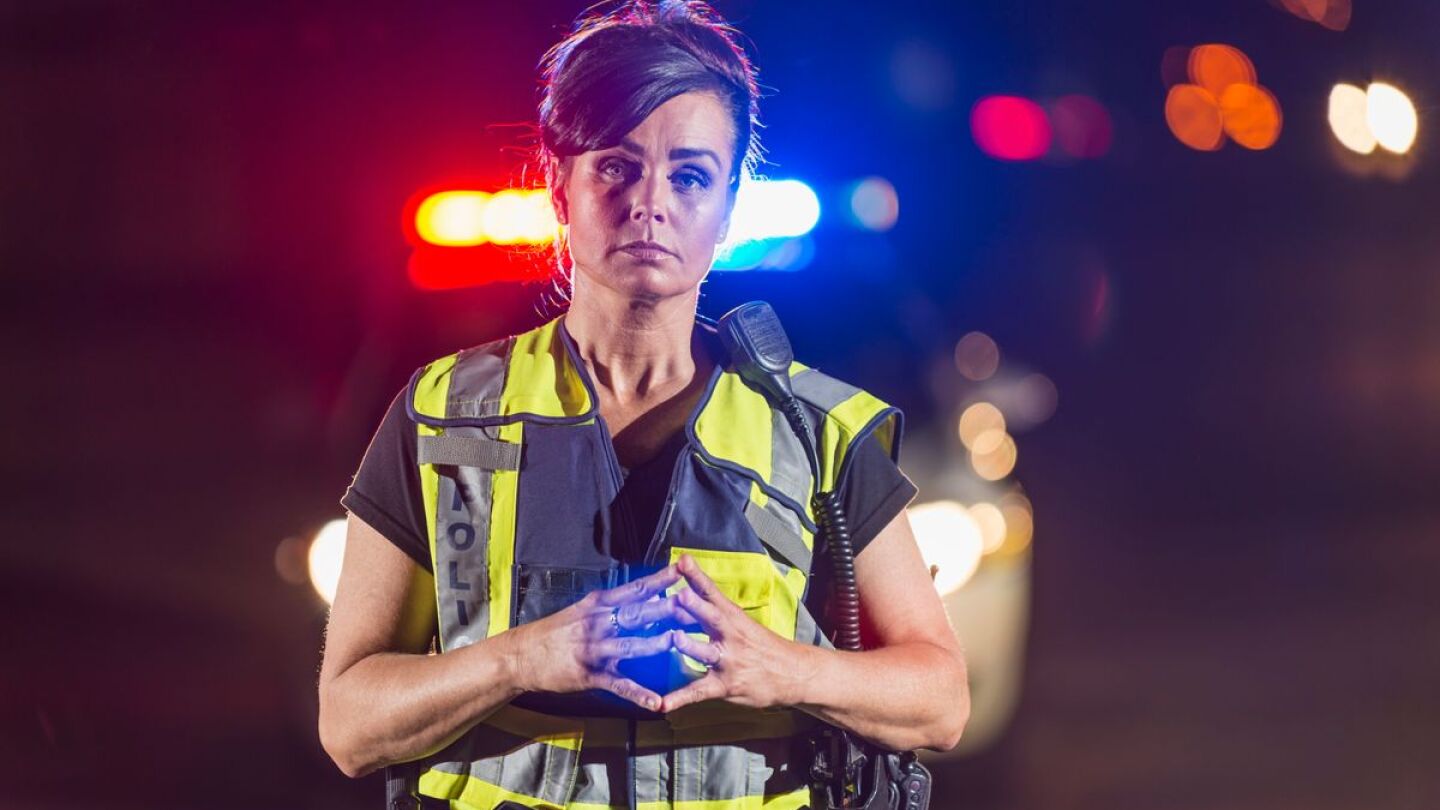Having followed the books and podcasts of Andy Frisella, St. Louis-based entrepreneur and co-founder of the supplement and fitness company 1st Phorm, I appreciated his straightforward approach to personal growth and success. However, his recent comments about women in law enforcement crossed a line that cannot be ignored.
| RELATED: Police cut ties with St. Louis entrepreneur Andy Frisella after rant against female officers
What he said wasn’t simply harsh or critical; it was laced with misogyny and violence. For a man who preaches the value of hard work, grit and resilience, it’s baffling that he would so casually diminish the experiences of women who, day in and day out, risk their lives to serve and protect. It was a reminder that no matter how long female officers serve, how much we sacrifice, or how good we are at our jobs, we are still fighting for respect — often from people who have never walked in our shoes.
Let’s be clear: criticism is part of the job, and I can handle that. Law enforcement officers, regardless of gender, face scrutiny every day, and we learn to take it in stride. Constructive feedback is welcome — it’s how we grow and improve. But when that criticism turns into a blanket dismissal of an entire gender’s contribution to this field, we move into dangerous territory. The comments weren’t just out of line — they perpetuated a deeply ingrained bias that still plagues our profession today.
When influential figures use their platforms to demean female officers, they reinforce harmful stereotypes that undermine the credibility of women in law enforcement.
The impact of such remarks goes beyond hurt feelings. When influential figures use their platforms to demean female officers, they reinforce harmful stereotypes that undermine the credibility of women in law enforcement. This isn’t just about feelings — it’s about the real-world consequences that follow. Remarks like these can erode trust between female officers and their male counterparts, deepen divides within departments, and, worse, discourage young women from entering the field at all.
In the wake of the comments, the response from St. Louis-area police agencies was nothing short of exemplary. They acted swiftly, publicly denouncing his statements and cutting ties with him to show their unwavering support for their female officers. This decisive action sent a clear message: they stand firmly behind the women who put their lives on the line every day, and they will not tolerate any rhetoric that undermines their dedication and professionalism.
It was a powerful display of leadership and solidarity, reminding everyone that the integrity and respect of their female officers are non-negotiable. Their quick and decisive actions not only reinforced their commitment to equality and respect within their ranks but also set a standard for how law enforcement agencies should respond to such blatant misogyny.
I entered this career knowing it wouldn’t be easy. There were days when I was the only woman in the room, when I had to work twice as hard to prove myself, and when I faced disrespect simply because of my gender. And despite all the progress we’ve made, those challenges persist.
If a prominent person can make such sweeping, harmful generalizations about women in law enforcement, what does that say to the public? What does it say to our colleagues? Worse, what does it say to the next generation of female officers who are looking to us for guidance and inspiration?
The answer is simple: it says that no matter how skilled, dedicated, or brave we are, there are still those who will never see us as equals. And that is unacceptable.
Women in law enforcement have proven, time and again, that we are just as capable, just as committed and just as deserving of respect as our male counterparts. We’ve broken down barriers, shattered stereotypes and paved the way for future generations. But the fight isn’t over, and it won’t be until comments like this are universally condemned — not just by those of us directly affected, but by our male colleagues and leaders in this field as well.
Respect in this profession should never be tied to gender, and we must hold accountable those who seek to diminish the contributions of women in law enforcement. The comments were a wake-up call, not just for me, but for all of us. They reminded me of the work that still needs to be done, both within our ranks and outside of them, to ensure that every officer, regardless of gender, is given the respect they deserve.
As law enforcement officers, we’re no strangers to challenges, and this is one more we must face head-on. It’s up to us to push back against the stereotypes and biases that seek to hold us down. And it’s up to influential voices to recognize the weight their words carry and the damage they can do. Misogyny has no place in law enforcement, and it’s time we stop tolerating it — from anyone.













